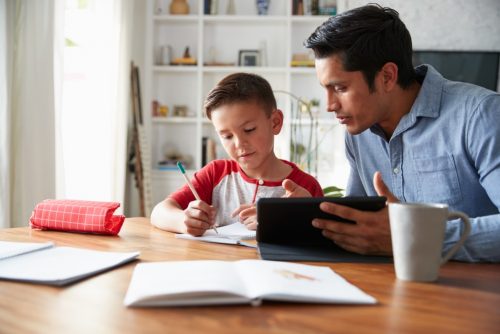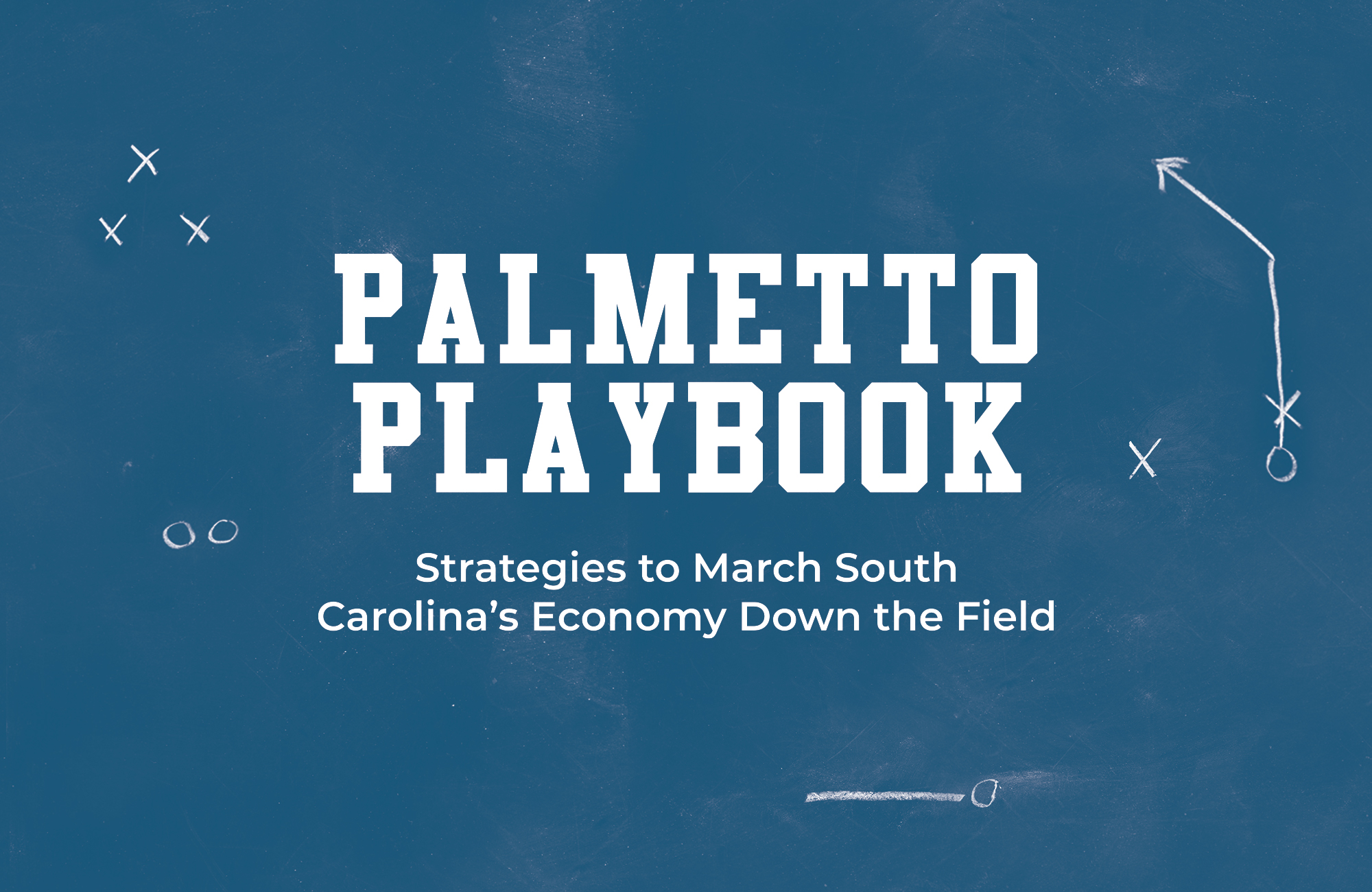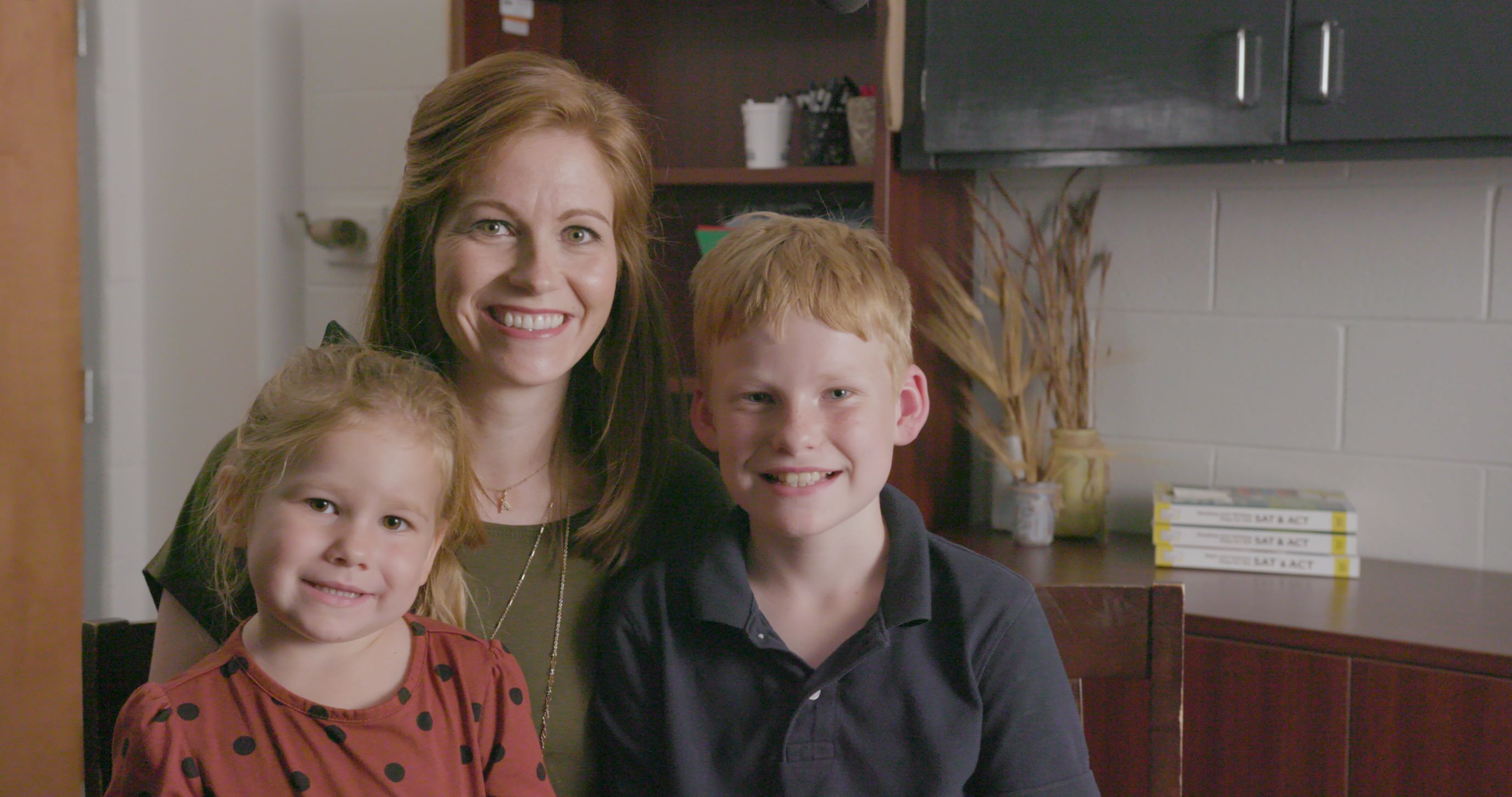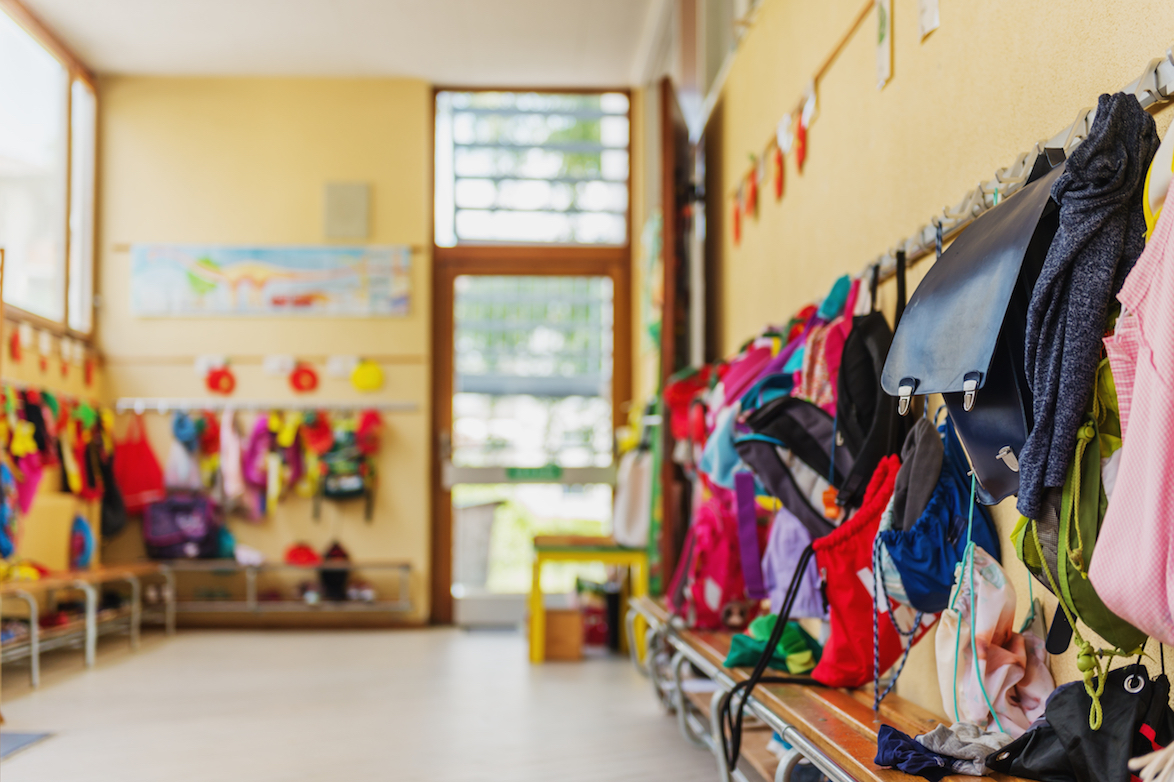SC Homeschool Accountability Groups Report Surge in Homeschooling
As politicians and education leaders debate what education will look like in the fall, many South Carolina families who have not homeschooled in the past have taken the bold step of opting out of the public school system entirely, and choosing to educate their children at home.
Palmetto Promise Institute reached out to homeschooling accountability associations across the Palmetto State to see what impact COVID-19 has had on the number of families interested in homeschooling since this time last year. And the numbers we’ve uncovered are substantial.
One homeschooling association told Palmetto Promise Institute that they’ve seen a 300% increase in member families, just in the month of June. Another association has seen more than a 120% increase since March.
One association director, Hazel Douthit, who runs At Home in the Lowcountry Homeschool Association, told PPI that she’s been talking to new families every day who are worried about sending their children back to school. “Generally this time of year, I’m not very busy,” she said, “But it’s been crazy. This year, I’ve spoken with more people than I ever have before. The majority of new people are not our regular [existing] members. We’ve had a whole group of really new members, mostly people taking their kids out of public school.”
Douthit said that they don’t normally know their headcount until July or August. That’s when membership applications and renewals for the new school year start to roll in. But for this academic year, they’ve already had over 400 families register. She expects to more than double their member count from last year very soon.
In Douthit’s conversations with other homeschool associations, she disclosed to PPI that many of the smaller “third option” accountability groups are actually having to close registration because too many families are signing up. “Some of these smaller associations just can’t handle such an influx of people,” she noted, “We’ve even discussed whether we’d have to close registration.”
Wendy Graham, director of Christian Homeschoolers Association of SC (CHASC), senses that many families are waiting for an announcement on school re-opening prior to making a decision. That could mean an even more significant boost in membership later. “I know people are waiting to see what the schools are going to do in regards to students and schedules, so I know that there is a lot of uncertainty,” Graham said, “I do get the impression that some families are waiting and there may be a surge once an announcement is made.”
This news comes as new SC COVID-19 cases are breaking new records almost daily. Superintendents are now concerned about teachers refusing to return to their classrooms. A South Carolina activist group actually asked teachers in a survey last week if they would be willing join a movement to refuse to report to their school buildings.
Last Friday (July 10), Governor McMaster assured families that they would have a choice in whether to send their children to a brick and mortar school or to keep them at home. McMaster acknowledged that there are many questions left to be answered about how some parents may opt their children out of in-person instruction while other families will choose to attend school, and how that divergence might affect a teacher’s workload and the consistent delivery of education services across all students.
With the spiking of COVID-19, parents are speaking loud and clear about their desire to give their children an education that fits their unique needs. Many of those parents are contacting accountability groups about homeschooling for the first time with the knowledge that they are financially able to make that choice for their child. But consider this: many South Carolina working families simply cannot afford to choose at all!
That’s why here at Palmetto Promise, we fight every day for the right of every parent, no matter their income or the neighborhood they live in, to be able to choose any education option for any reason be it academics, extra-curricular activities, or safety.
Wendy Graham with CHASC told PPI that many parents told her very directly that they would like to homeschool, but they simply can’t afford it and are considering a less desirable hybrid model of some sort.
Jonathan Butcher, a PPI Visiting Fellow, recently published an opinion piece arguing that if the state is giving parents the ability to opt-out of in-person instruction, the state should allow those parents to receive their child’s per-student funding allocation in an account so they can enroll their child in a homeschooling association or even pay for home tutors. We’ve been calling for exactly that for years—a program that that would give parents portable funds to choose the education option that can meet their needs.
New homeschooling numbers revealed in this report by Palmetto Promise are reflective of what we see as a shift in the way parents and the general public view the deliverability of education. COVID-19 has exposed the one-size-fits-all education system for what it is: outdated and inflexible. If we’re truly hoping to keep our students on track and give working parents the same education choices enjoyed by wealthier families, it’s time to provide the tools to empower them to make that decision for themselves.





